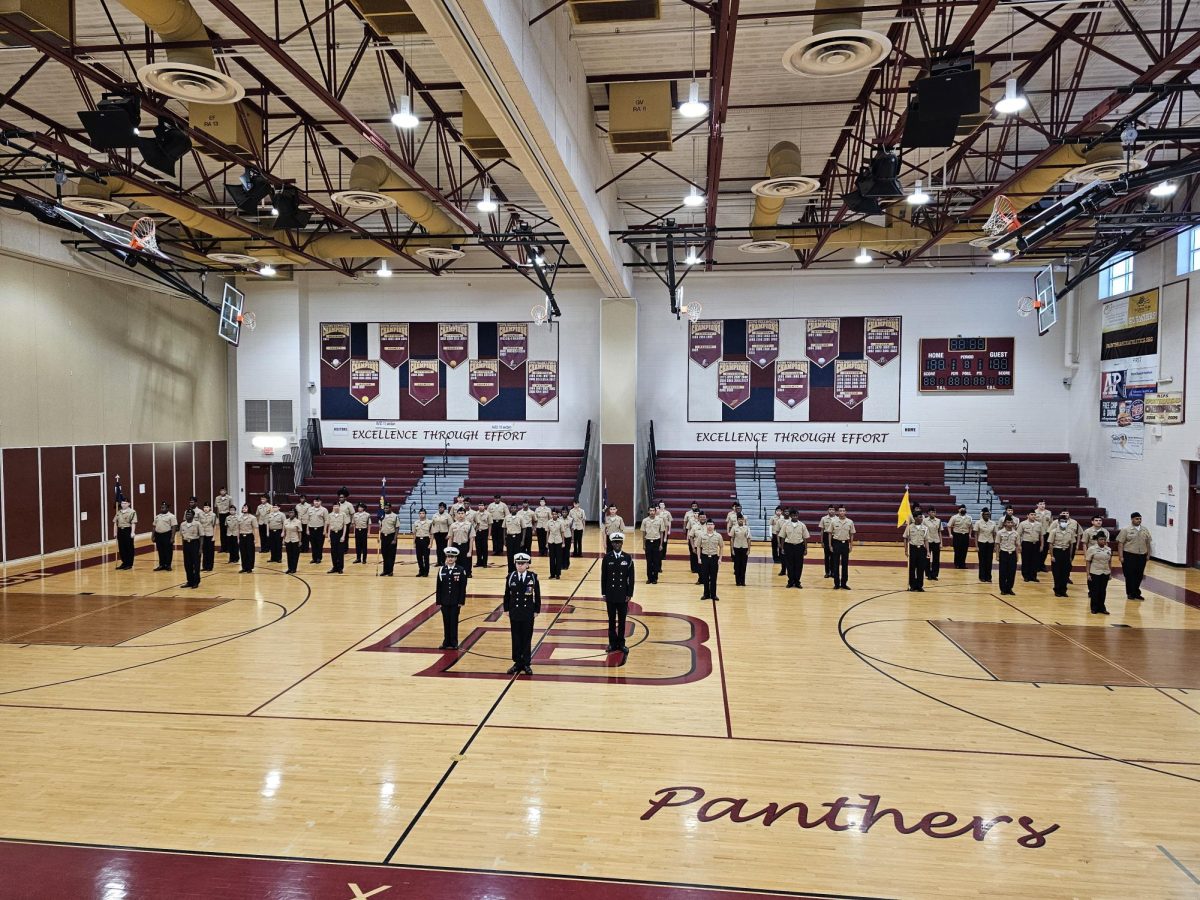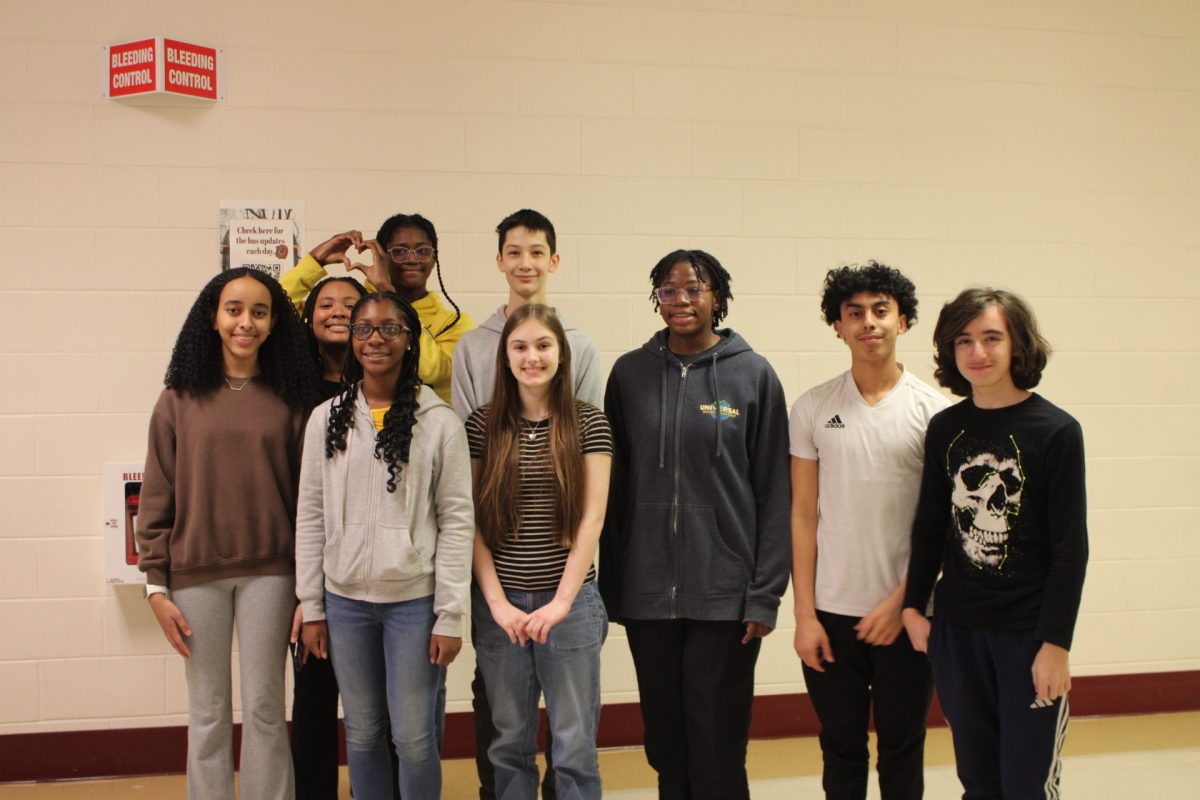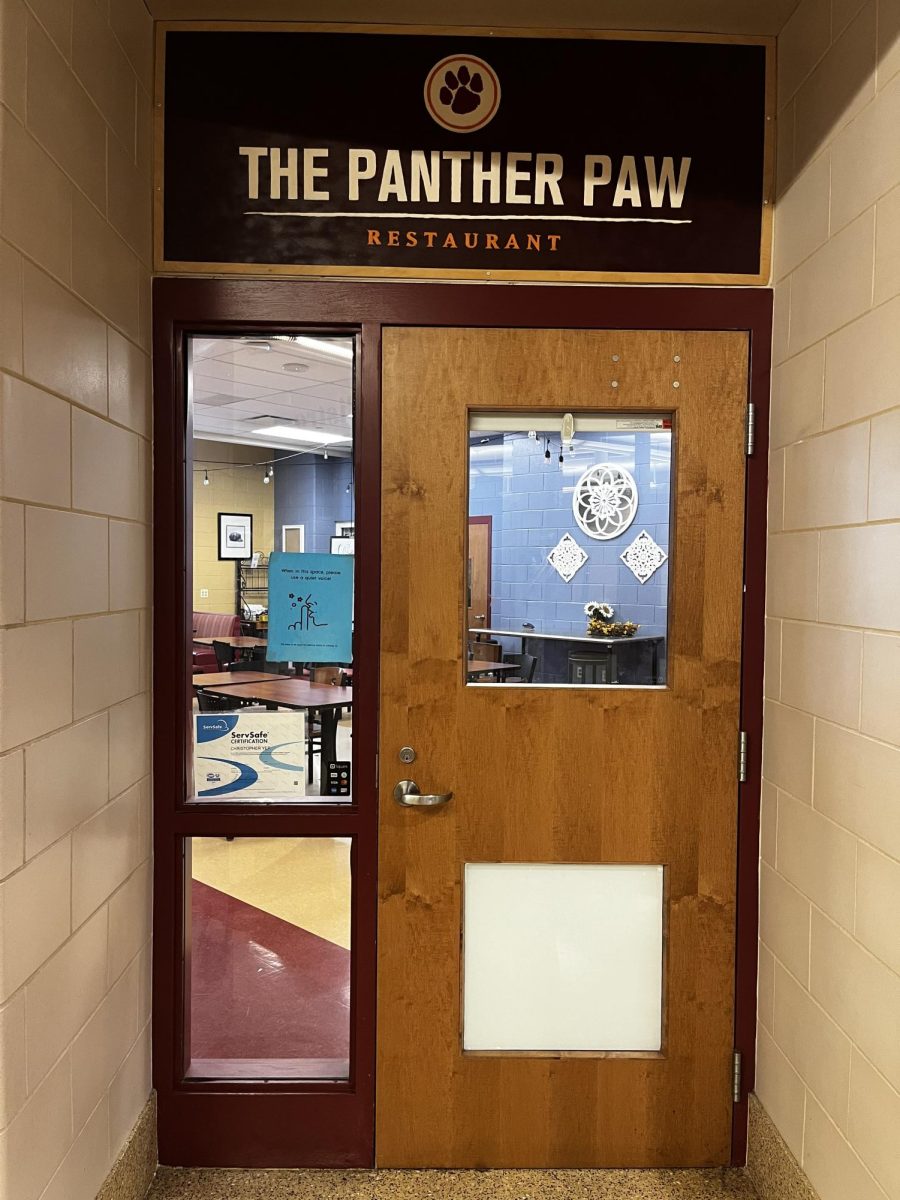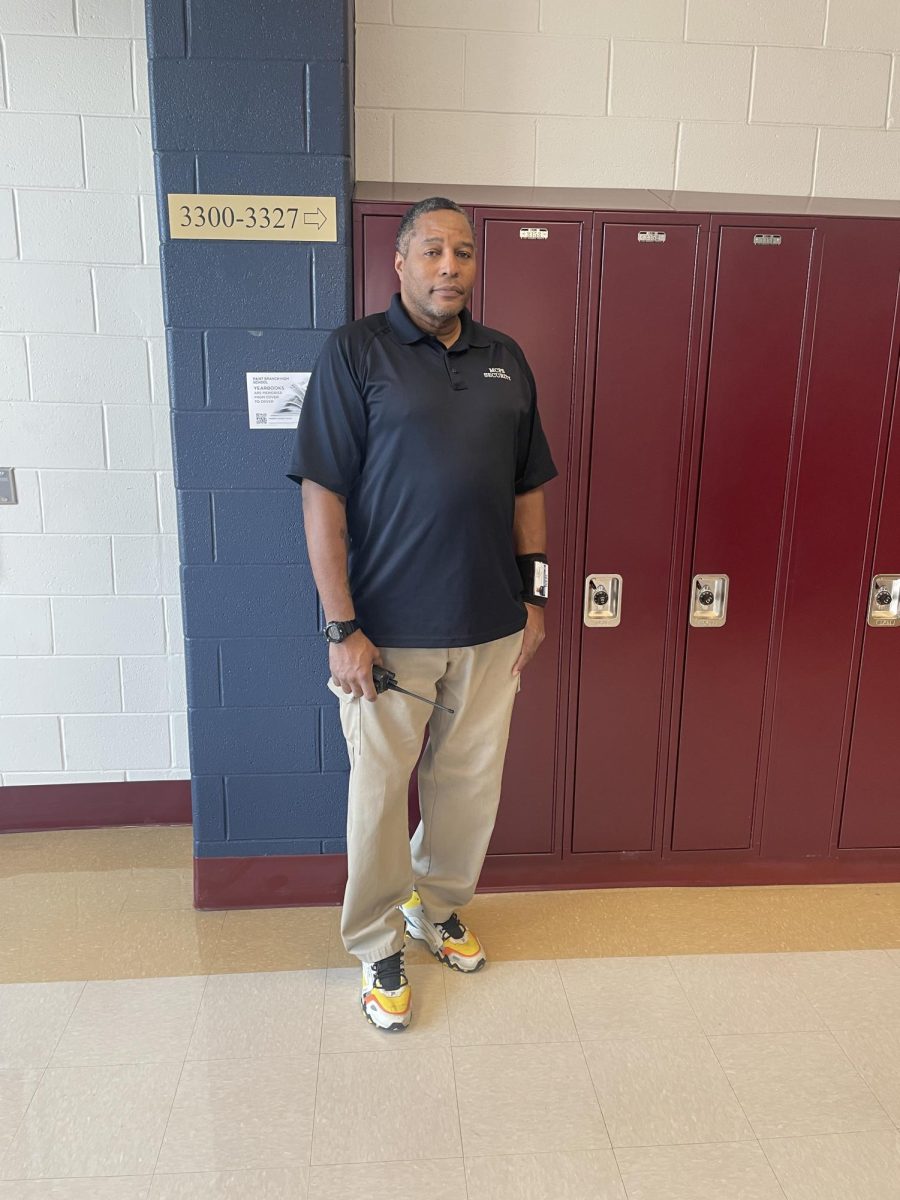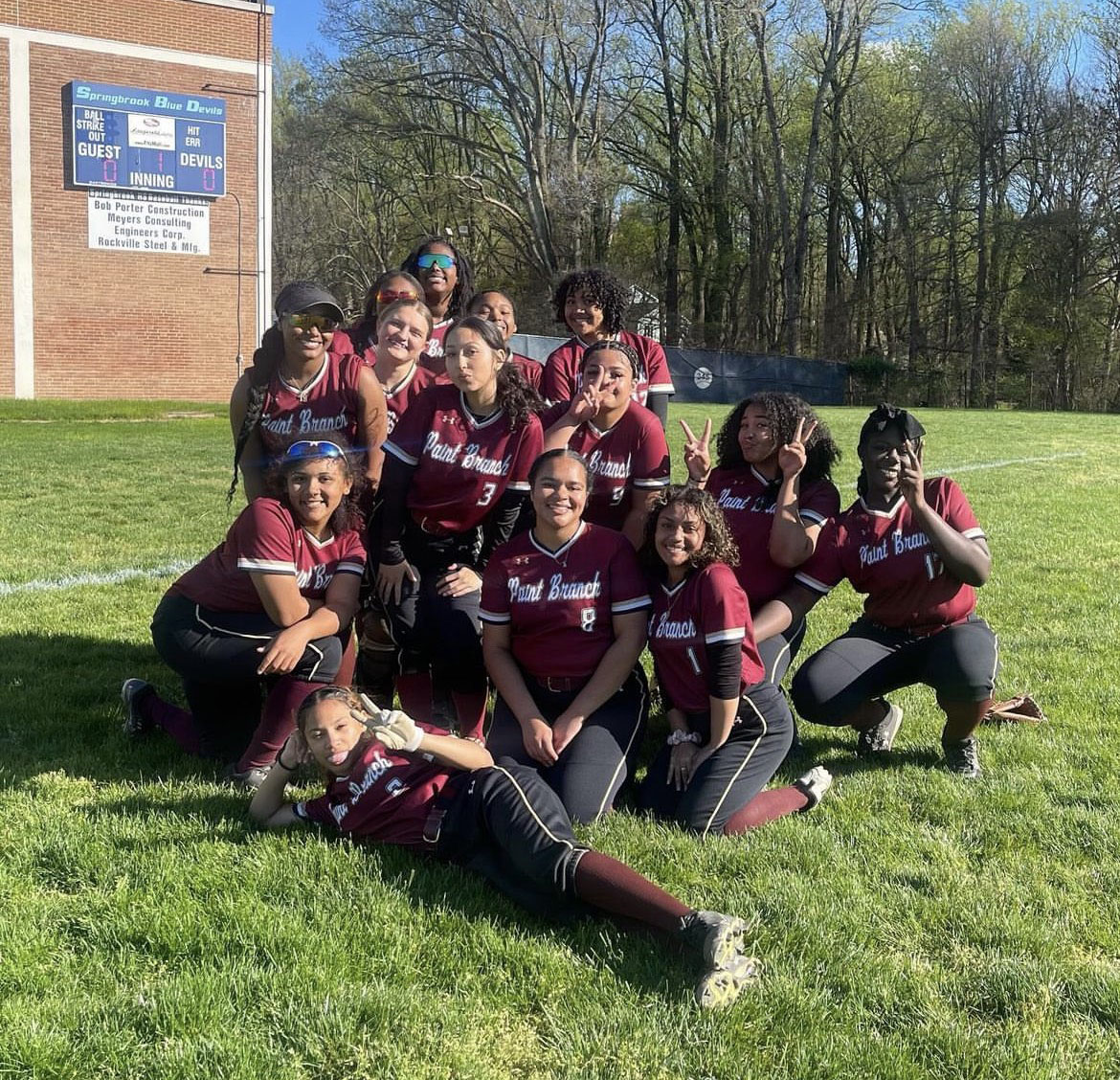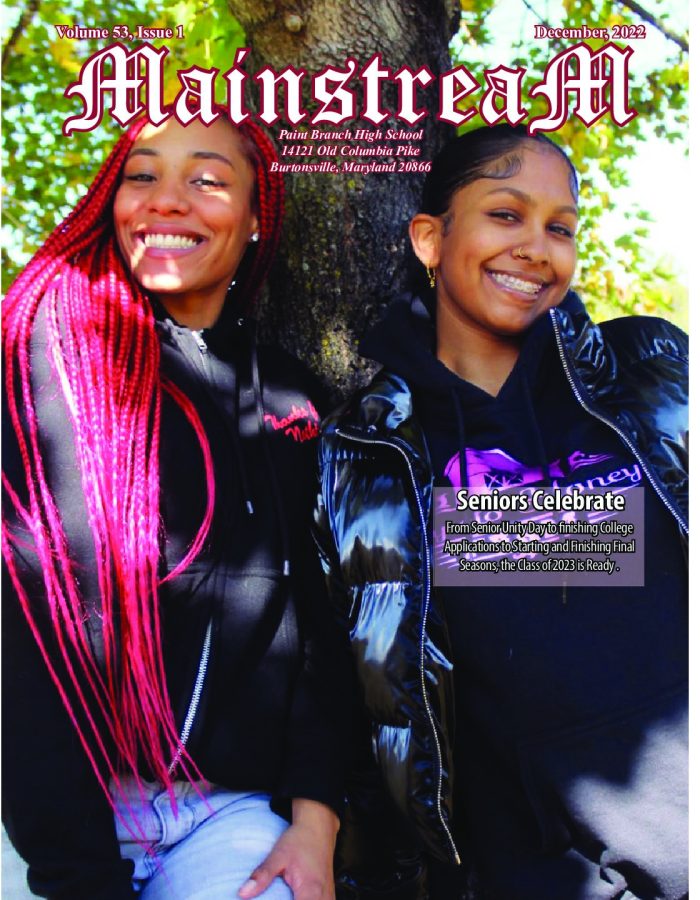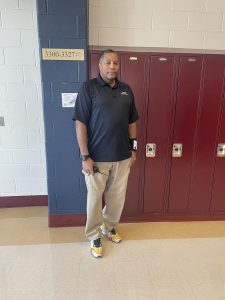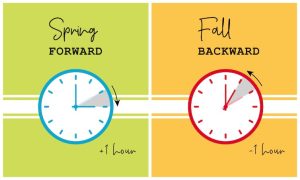Amongst Blind Judges
What College Applications Don’t See and How to Fix the Problem
November 21, 2014
Imagine that you are a beauty pageant participant. Now, imagine that you are on the stage, being judged by a panel of people with no vision, no sight at all. If beauty is the primary determinant of winning, why is the judging panel blind?
Similarly, hundreds of colleges go through a competition known as the admissions process.
Although the nature of this competition is quite different from that of a beauty pageant, it encompasses the same purpose: to progress until eventual achievement is made. Alongside this purpose, every contestant wants to have an equal chance of progression. The real question is, though, what justifies the selection process of colleges?
Test scores, grades, and SSL hours expose the nature of one’s academic self on paper, but do not reveal the person’s full nature, just as the walkway competition in a beauty pageant exposes only the superficial nature of the contestants. What these things don’t reveal, however, are the full capabilities of the contestants or, in the case of the admissions process, the applicants.
One aspect of the admissions process that reveals the critical thinking and responsive abilities of the applicants is the dreaded, nerve-racking, college interview. An applicant should be judged in the least-biased fashion possible.
Hyper selective institutions such as Johns Hopkins, MIT, Harvard, Dartmouth, and Yale utilize interviews to balance out the number of applicants and develop a stronger sense of who each person is. These interviews serve as a way for the applicants to separate themselves from others.
These schools’ choice to use the interview more often creates a better and more diverse student body, which is something that strengthens the school and enhances its reputation. This process, however, is not utilized by the vast majority of schools, which simply use an essay as the personal side of the applicant.
Through their tactfulness and responsiveness in the interview, an applicant can explicitly display his/her reasoning ability, which is vital to college success.
One effective way to make the admissions process more personalized and equitable would be by weighing the essays and interview in an equal standing with grades and SAT scores. The essay and interview both encapsulate the essence of the applicant and what he or she believes in. Yes, it may be counterproductive since the number of applicants for colleges every year increases exponentially.
While conducting an interview for each applicant is clearly a much more difficult setup than simply waiting for a person’s application, grades, and essay to come in, it does justify the admissions process.
To truly personalize and diversify a college’s population, colleges must recognize the importance of interviews and use them more often in order to make equitable the college admissions process.


